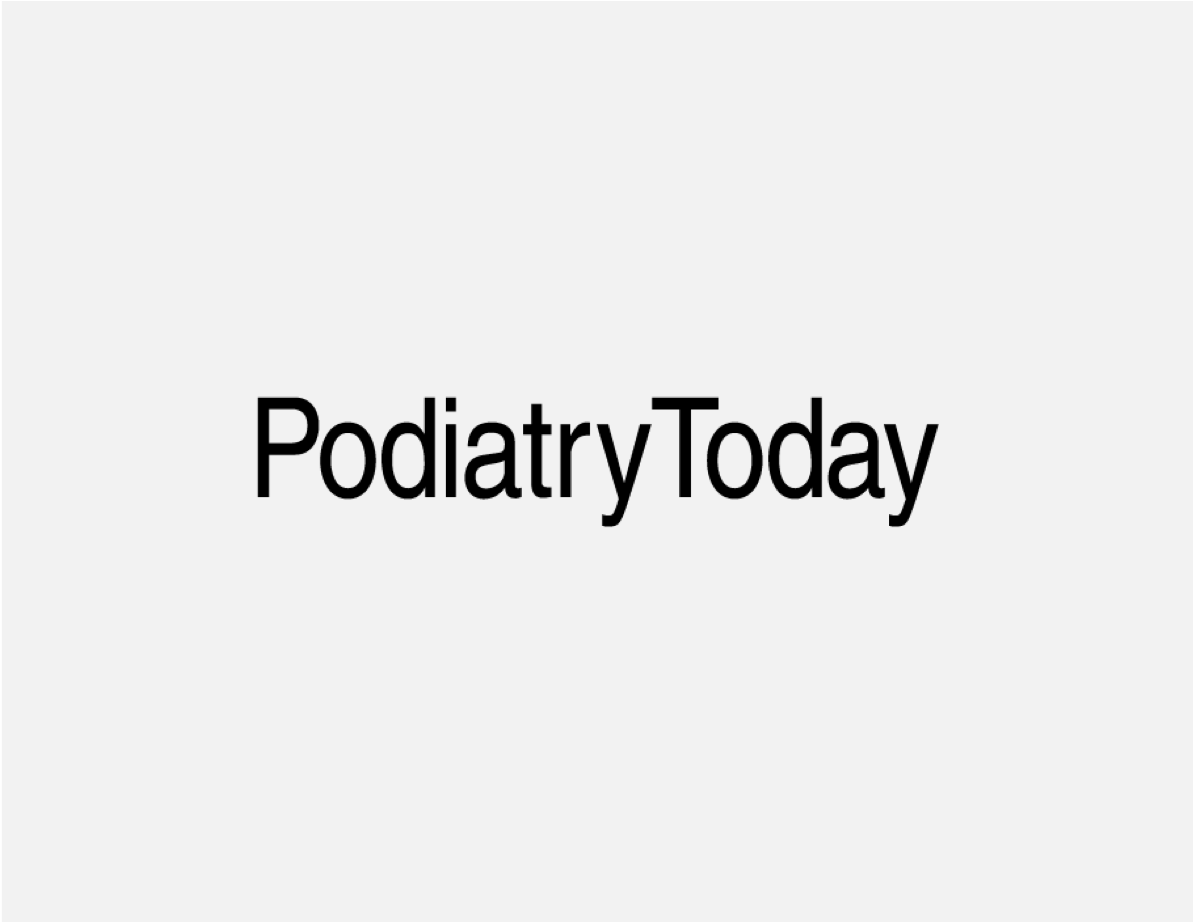Can we paste that over here. I'm curious if it might disappear in the future. A lot of old APMA material tends to disappear through time. Also would let us know it'll it evolves through time.
AMA FAQs
How and when was this initiated and what was the process?
In 2018 a task force was created consisting of leaders from the American Academy of Orthopaedic Surgeons (AAOS), the American College of Foot and Ankle Surgeons (ACFAS), the American Orthopaedic Foot & Ankle Society (AOFAS), and the American Podiatric Medical Association (APMA) to find common ground on the many clinical and policy initiatives that mutually benefit both groups and most importantly our patients. Additionally in 2019, Resolution 4-19 established that the national joint task force will endeavor to enlist the American Medical Association (AMA) to facilitate discussions with the National Board of Medical Examiners (NBME) on allowing DPMs to sit for the United States Medical Licensing Exam (USMLE), which unanimously passed the APMA House of Delegates. It was endorsed by the American Board of Podiatric Medicine (ABPM), the American Board of Foot and Ankle Surgery (ABFAS) ACFAS, and was cosponsored by the APMA Board of Trustees, the American Podiatric Medical Students' Association (APMSA) and 25 state component societies.
Since 2019, the Joint Task Force of Orthopaedic Surgeons and Podiatric Surgeons, comprised of two members from each of organizations’ leadership from AAOS, ACFAS, AOFAS and APMA, began drafts of both the White Paper and the AMA resolution. Over the course of two years, and extensive review and edits, the Joint Task Force Members and their organizations Board’s approved the documents released May 6, 2021.
Will access to the USMLE restrict DPMs scope of practice? No. As the White Paper states, “…DPMs, similar to MDs, and DOs, should not be restricted in their ability to appropriately take care of patients within their respective scope of practice, nor in their access to patients based upon type of insurance.”
What happens if the Resolution passes at the June 2021 AMA House of Delegates (HOD)?
For you and your practice, nothing will happen. This is a very long process that will take years to complete. The June 2021 AMA HOD is somewhat unique because it is virtual meeting. This makes the number of resolutions for consideration more restrictive. The AMA 2021 “Prioritization Matrix” ascribes resolutions as either Top, High, Middle, Low or Not a Priority. Therefore, not every resolution submitted will be heard. The first hurdle is that the resolution gets prioritized to be heard at this HOD. If it is accepted and placed on the priority list, it will be read on the floor of the HOD, options will be heard from AMA members (it could possibly go back to the AMA Council on Medial Education) and/or a vote will proceed. If all of this occurs and the resolution is ultimately approved at the June 2021 HOD, it simply requires AMA to conduct a study with the results presented at the November 2021 HOD. This is not LCME nor NBME reviewing the accreditation standards. This does not guarantee NBME would accept a recommendation that podiatric students and graduates have access to the USMLE.
What happens if the Resolution does NOT pass at the June 2021 AMA House of Delegates (HOD)?
If it is not considered at the June 2021 HOD, it may be considered at the November 2021 Interim AMA HOD. Depending on whether the meeting is virtual, additional challenges could occur. If the resolution is introduced and does not pass, it is the end of the resolution. A different resolution could potentially be introduced at a future AMA HOD being modified to satisfy the concerns that caused it not to pass.
Why was this kept confidential and why did it exclude other stakeholders?
The Resolution and White Paper took more than two years to gain approval by AAOS, AOFAS, ACFAS and APMA, and required that all organizations would have to agree to any statement before being released. Meticulous review and vetting were conducted by Joint Task Force Members and Boards from all four organizations, including professional staff and legal review. Because of extensive opinions and perspectives on this topic, the Joint Task Force decided it was necessary to keep conversations confidential in order to gain consensus. Other stakeholders will and are being included now that the joint announcement has been published.
How is this going to impact podiatric schools and curriculums needed to pass the USMLE?
In the short term, there is no impact. This process will be a long one. If AMA approves the Resolution, conversations and strategies will need to be developed and will require input from a larger group of stakeholders (Deans, Schools, etc.). Comparability of residency training standards and board certification are far in the future. It is certainly possible some curriculum changes may be required to sufficiently prepare graduates to pass the USMLE. This may also result in a change in testing and preparation.
Is this White Paper about defining the term physician?
No. The purpose of this white paper is not to address the different uses of the term physician within both state and federal laws and should not be construed as supporting the removal of any rights currently held by DPMs, nor supporting any effort to prevent DPMs from practicing under their title, status, or scope of practice as currently recognized by state and federal law and non- governmental entities.” If we get access to the USMLE, we will then be able to use those results to further confirm our physician definition. This is similar to what the osteopathic physicians did many years ago.
Are DPMs admitting our education and training is deficient?
No. DPMs education and training is solid. If DPMs were perceived as being deficient by MDs and DOs, AAOS and AOFAS would not have supported efforts underway to get access to the USMLE; nor would APMA and ACFAS have agreed with this pathway going forward. Further in 2011, the Physician and Surgeons Joint Task Force was initiated by the California Medical Association, the California Orthopedic Association, the Osteopathic Physicians and Surgeons of California, and the California Podiatric Medical Association. Its goal was to evaluate podiatric training and education, compare it to that of MDs and DOs. After site visits were complete at both podiatric schools in California and at four residency programs, the team of MDs, DOs, and PhDs concluded that by the end of DPM training and education, the practicing “end product” produced by podiatric training and education was indistinguishable from practitioners of other regional specialties of medicine (such as ophthalmology and ENT).
Does the option to take the USLME down the road make our Licensing Boards obsolete?
No. Speculating about taking the USMLE and how that might affect licensing boards is so far into the future that no one has the answers. For now, podiatry licensing boards will be the only entities licensing podiatrists for practice, and any change to the exam used (APMLE from the NBPME) would have to go through every state legislature. APMA and ACFAS will always protect our current licensees and their ability to practice.


